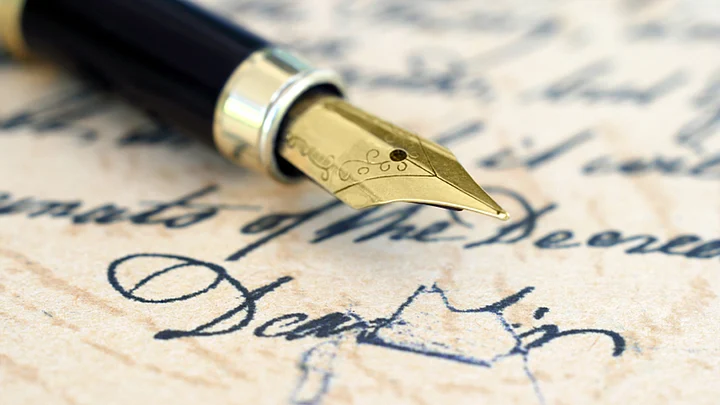Today, you’d be hard pressed to find too many places selling fountain pens.
Bangalore-based Chelpark, a famous fountain pen and ink brand, stopped making pens a few years back. Eventually, it stopped making inks too. The demand for fountain pens and inks had waned so much that even a big brand like Chelpark couldn’t hold fort.
Yet another Indian brand, Bril – famous for making fountain pens – stopped the pen business, although it is still making inks. They’ve reduced the choices of colour that were offered before though, and now sell mostly general stationery.
When one has grown up amidst an influx of colourful fountain pens and suddenly finds their numbers dwindling, it is easy to assume that they’ve disappeared from the market. Fortunately, such a travesty hasn’t occurred yet.
It is in this backdrop that you must read the story of Pune’s Kale Pens.
How Kale Pens is Struggling to Hold On to a Writing Symbol
I was in Pune for a few days and was walking through the local market with a friend. Having known Pune as a site of great cultural richness, I expected to find some hidden gems. I was especially looking for Swadeshi fountain pens.
I wasn’t disappointed.
I came across pens of Airmail Wality – the famous Bombay-based fountain pen brand – Camel, and a bunch of others. I then started a search for nibs.
A shopkeeper kindly directed me to Kale Pens. I’d definitely get them there, he said.
A nondescript little place, Kale Pens can be located near the Dagdusheth Ganapati Temple at Budhvar Peth. It covers an area of about 50 square feet and has glass shelves on all three walls, filled with cardboard boxes. The shop is run by Mr Arjun Kale, son of the founder, Late Mr Dattareya Kale.
The shop’s wooden door has the names of the products written on them – along with the guarantee period that the shop offers. Kale pens (two models) apparently come with a 2 and a 5 year guarantee respectively – as do the nibs and the inks.
But the products have changed over the years – and so have the guarantees.
They look like quaint scribbles from a bygone era.
“We stopped making fountain pens over a year ago,” says Kale. They’d observed the declining pen making business with sadness and stopped selling them. They now sell only inks and nibs.
However, what attracted me were the inks that had lasted the test of time. These are sold not in glass bottles (as they usually are), but in sealed plastic packets.
“We sell 100 ml of ink for only Rs 10. Other companies sell a much lesser quantity for double the price – but not us! Ever since we began selling inks, we’ve always priced them lower than others,” beams Kale.
I was also interested to learn how this tiny pen shop would cater to its customers in its heydays. The shop would keep only the coloured parts on display. The buyer would choose the colour he/she wanted for each part of the pen and let Mr Kale know. Mr Kale would then assemble the parts and ready it for the customer then and there.
This again is something interesting, for most shops do not have this option.
Mr Arjun Kale has no idea of the exact year in which his father started this venture. “It has definitely been more than 80 years,” he says.
With newer, flashier pens available in the market, it is only a matter of time before the tiny Kale Pens fades into history.
(Siddharth Mohan Nair is a freelance journalist.)
(At The Quint, we question everything. Play an active role in shaping our journalism by becoming a member today.)
